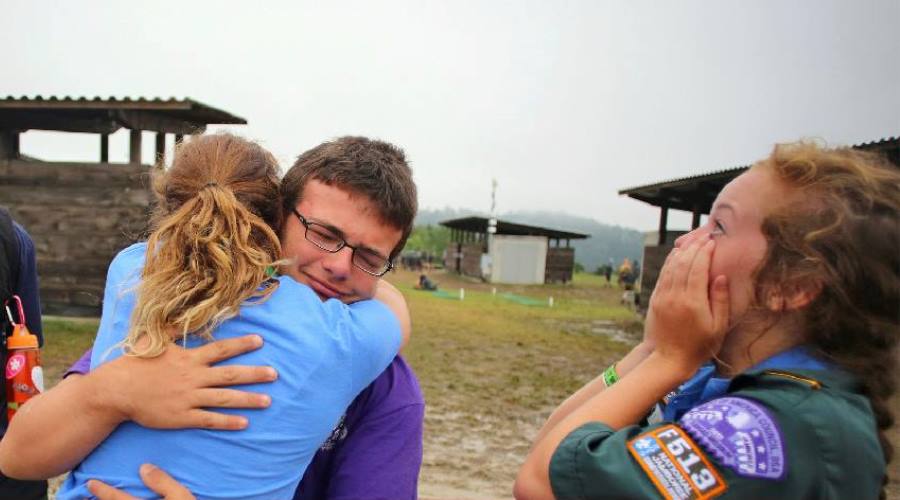
What You Learn In Scouting Could Save Lives
When I was a boy and Boys’ Life magazine arrived, it was always a challenge to know what to read first. Would it be the jokes in “Think and Grin” ? The stories about Boy Scouts trekking in the wilderness? So many options!
But what I usually went to were the stories of “Scouts in Action.” Reading the heroic accounts of Scouts who were truly prepared and often saved lives inspired me. Countless people are alive today because of the quick action of Scouts across the nation — and across generations. In just the last few days, I was reminded that what was true then is true now: Scouts save lives.
Scouts today — as they have for generations — commit to helping other people at all times, including in times of distress, when they take the Scout Oath.
Richard Ross “Tripp” Norton III, a Scout from Central, South Carolina, exemplifies that commitment. In March 2014, the middle schooler saved a classmate from choking by successfully performing the Heimlich maneuver and dislodging the food from her throat.
In Philadelphia, Robert Ritchie demonstrated the same commitment when he rescued two drowning toddlers at a local pool last summer. Just seven years old at the time, Robert grabbed the toddlers, whose floating devices had deflated, and brought them safely and quickly to shallow water.
For their respective actions, the pair recently received Scouting’s prestigious Medal of Merit. The award is presented to Scouts who have performed an act of service of rare or exceptional character that reflects an uncommon degree of concern for the well-being of others. Since 1945, less than 6,500 scouts have
received the honor.
It’s because of Scouting that Tripp and Robert were prepared with the life-saving skills that made a difference for the individuals they assisted. Although there are benefits to participating in sports or other extra-curricular activities, I’m guessing that the people these two Scouts saved are grateful they instead chose Scouting as a character- and leadership-development activity.
Knowing how to administer aid is a key component of what we do. While we frequently think of first aid in the context of treating sprains and rashes on Scouting adventures, we hope our Scouts continue to translate those skills even when they aren’t in uniform. Tripp and Robert did just that.
As the Pickens Sentinel reports, one student said after seeing Tripp’s heroic actions, “Where did you learn that?” Tripp coolly replied, “Boy Scouts.”
Good work, Tripp and Robert. That’s “Scouts in Action” stuff right there.
Mike



